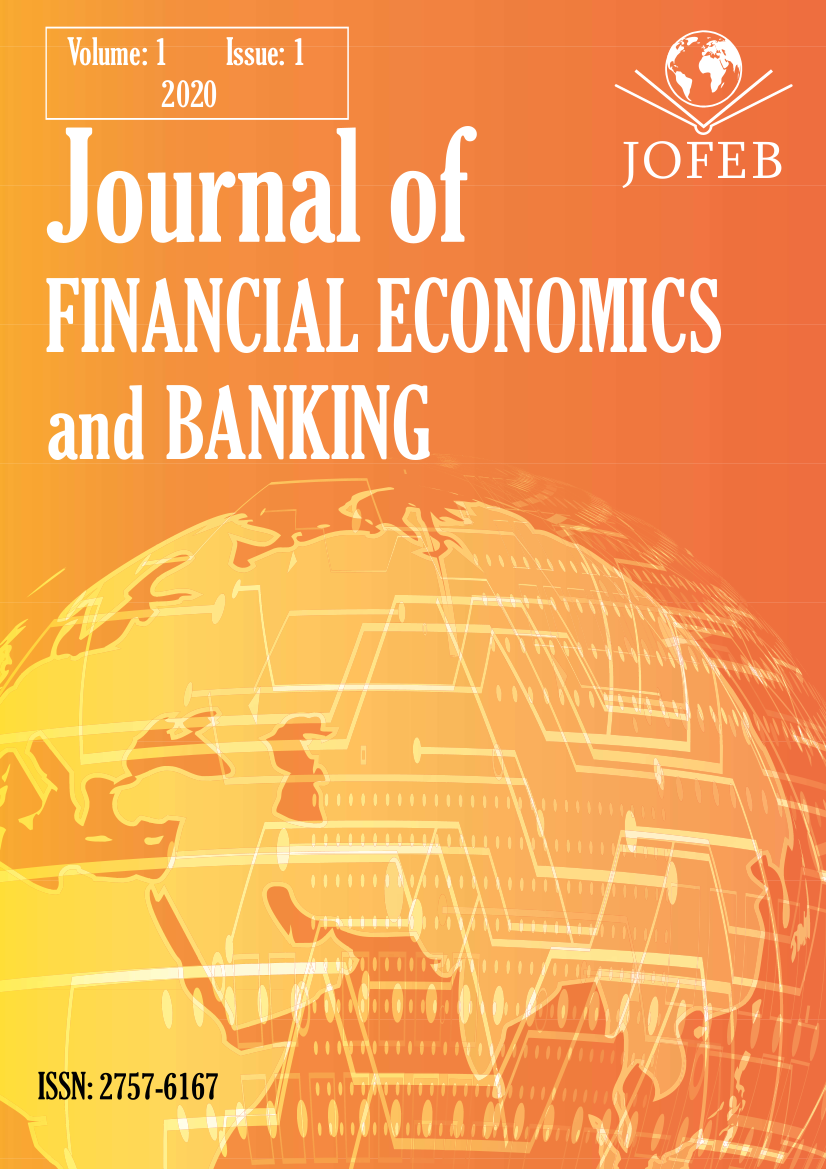
Journal of Financial Economics and Banking
Yazarlar: Mehmet Akif Destek, Sercan Aydın
Konular:-
Anahtar Kelimeler:Education,Total Factor Productivity,Capital,Trade
Özet: This paper aims to examine the impact of education expenditures on total factor productivity in Turkey. For this purpose, the relationship between education expenditures, capital, trade openness, and total factor productivity is investigated with the ARDL bound test procedure for the period from 1970 to 2017. Before observing the short and long-run parameters, the stationary properties of variables are checked with a unit root test that allows structural break, and obtained break data is used as a dummy variable in the empirical model. Our results show that education expenditures and capital accumulation contribute to total factor productivity in the short-run. In the long-run, the effect of education expenditures has become statistically insignificant. However, capital accumulation positively affects productivity in the long-run.